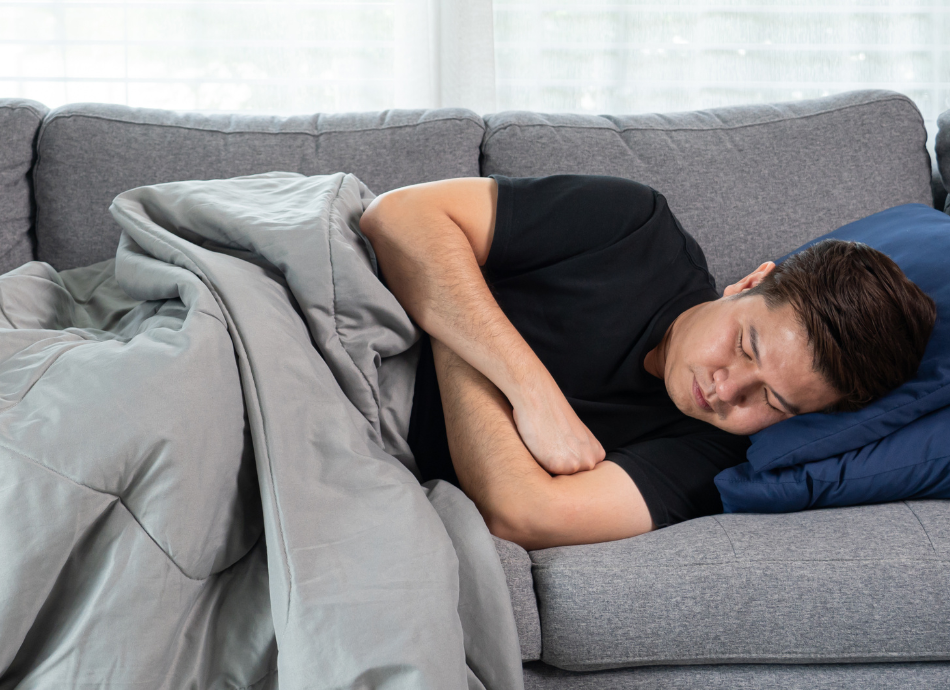Your thyroid is a small, butterfly-shaped gland in your neck. It produces 2 thyroid hormones: tri-iodothyronine (T3) and thyroxine (T4).
These thyroid hormones help your body use energy, stay warm and keep your brain, heart, muscles and other organs working as they should. Many of your body's functions slow down when your thyroid doesn't produce enough of these hormones.






